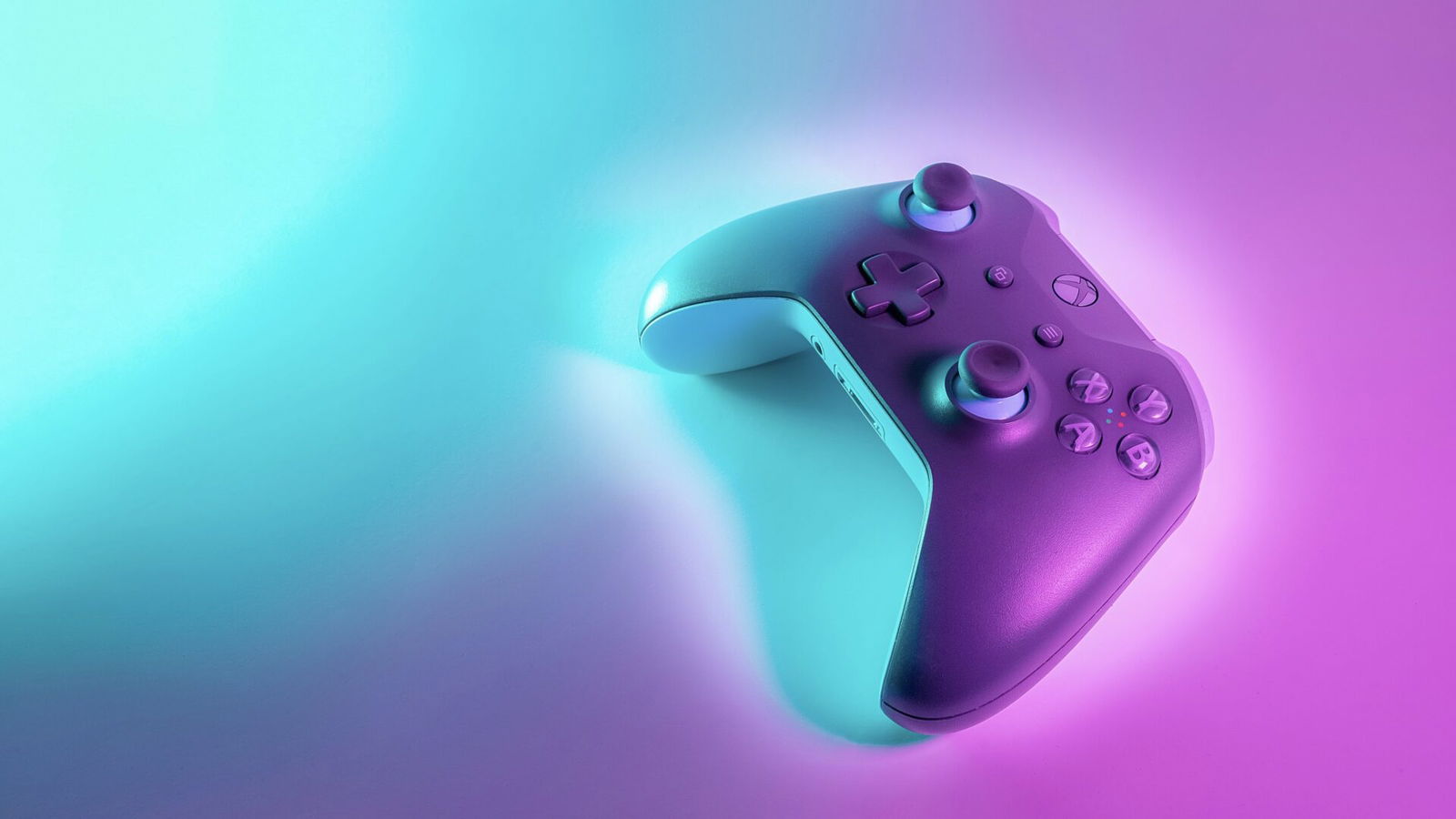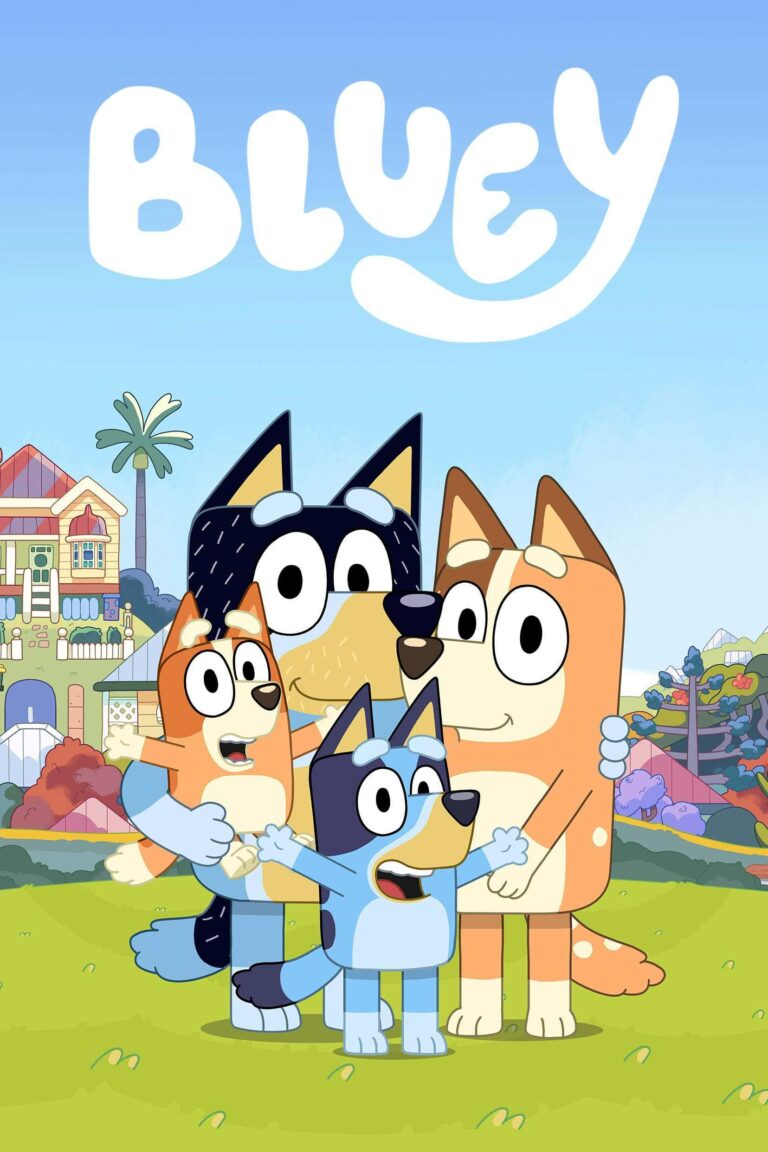
Are AI Chatbots Coming to Video Games?
By Movieguide® Contributor
As the debate over the use of AI in the video game world rages on, many developers are turning to the tech to bring their games alive.
Nearly every video game features non-playable characters (NPCs) which offer players something to interact with and make the world feel lived-in and alive. While NPCs are crucial to many video game worlds, they pose a difficult problem for developers as, until recently, their lines of dialog have had to be hand-written by developers. This means that even on the most ambitious projects, NPCs’ responses have been limited and, given enough time, will eventually feel stale.
AI chatbots, however, serve as a solution to this problem as they can generate an infinite number of relevant responses when players interact with them. Incorporating AI into NPCs’ dialog could revolutionize game development, empowering developers to serve more as directors who tell the AI how to act, rather than as writers, hand-coding in each line of dialog.
“We believe generative AI can unlock a new kind of gameplay where the world is more responsive and more able to meet players at their creativity and the things that they come up with and the stories they want to tell inside a fantasy setting that we create for them,” said Michael Yichao, cofounder of Jam & Tea Studios, a game development company that is implementing AI chatbots into their games.
This use of generative AI, however, doesn’t stop with NPC dialog, as some developers are looking to use the tech to empower players as well. Some game features, such as the customization of characters or items, could be handed over to AI, streamlining the process. For example, if a player wanted to customize their character’s hair, they could describe the haircut and hair color they want, rather than scrolling through dozens of menus to achieve the same result.
As AI’s impact on gaming becomes more realized, some in the industry are worried about what it might mean for job security. In the instance of NPC dialog, developers believe it will remove some of the tedium while still requiring skilled work from writers who create the character guidelines.
In other areas of the video game industry, however, AI does pose a serious threat. For this reason, video game actors went on strike earlier this year to fight for extensive protections against AI replacement of their work.
Movieguide® previously reported:
Now three weeks into their strike, video game performers explained why they believe they need to fight for stronger protection from AI than has yet been seen.
Video game performers began striking on July 26, providing negotiators with the leverage they needed to nail down final changes in language about AI protection. Though this step negatively impacts the industry, SAG-AFTRA felt it had no choice after negotiations that had begun in October of 2022 came to a standstill.
As is the case with every other negotiation that has taken place in recent years, the sticking point for these talks comes from disagreements over the use of AI. SAG-AFTRA negotiators are pushing for the broadest protections yet, while the major studios feel they have given everything they can.
“Under our AI proposal, if we want to use a digital replica of an actor to generate a new performance of them in a game, we have to seek consent and pay them fairly for its use,” said Audrey Cooling, a representative for the major studios. “These are robust protections, which are entirely consistent with or better than other entertainment industry agreements the union has signed.”
Questions or comments? Please write to us here.


 - Content:
- Content: 
 – Content:
– Content: 
